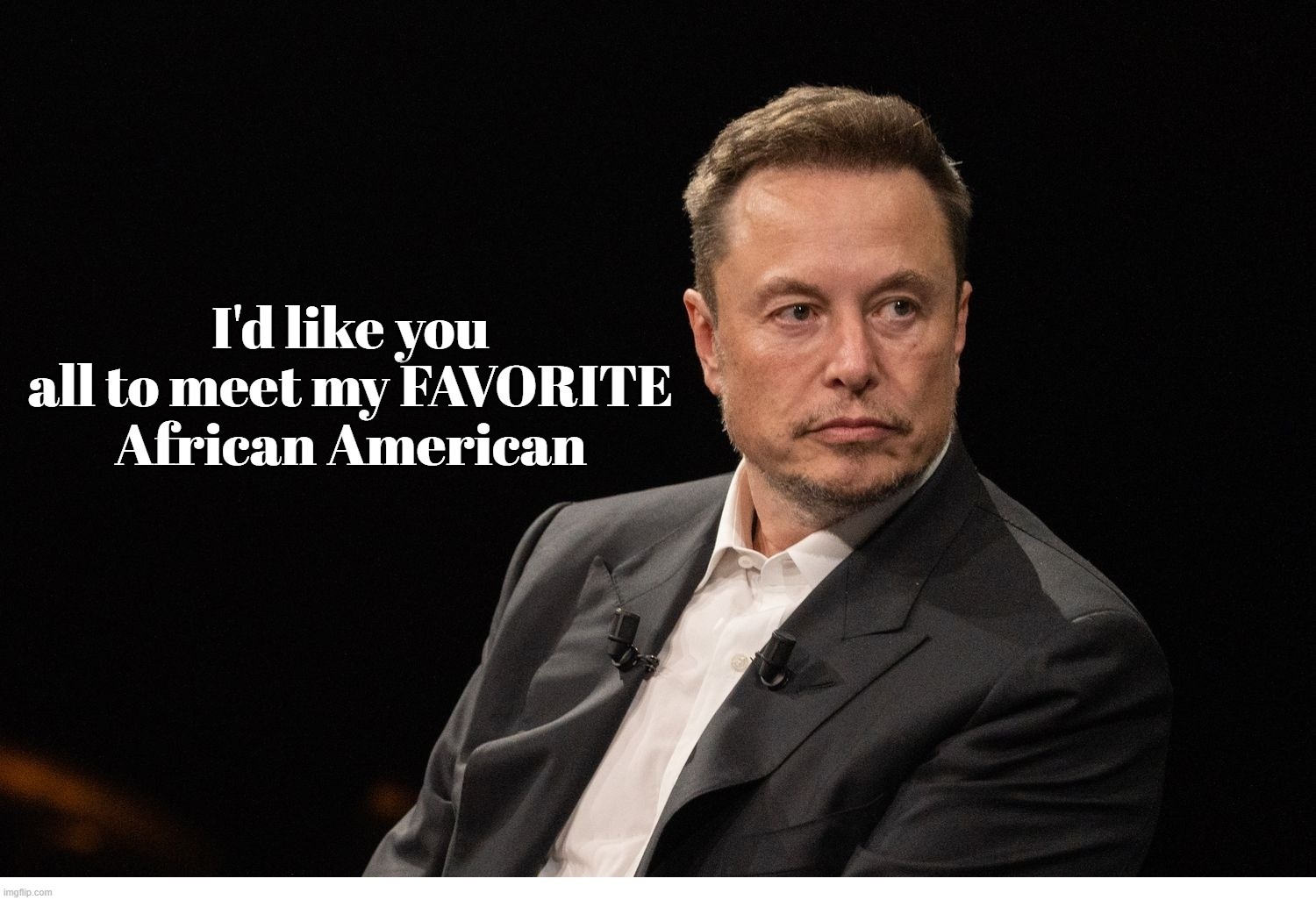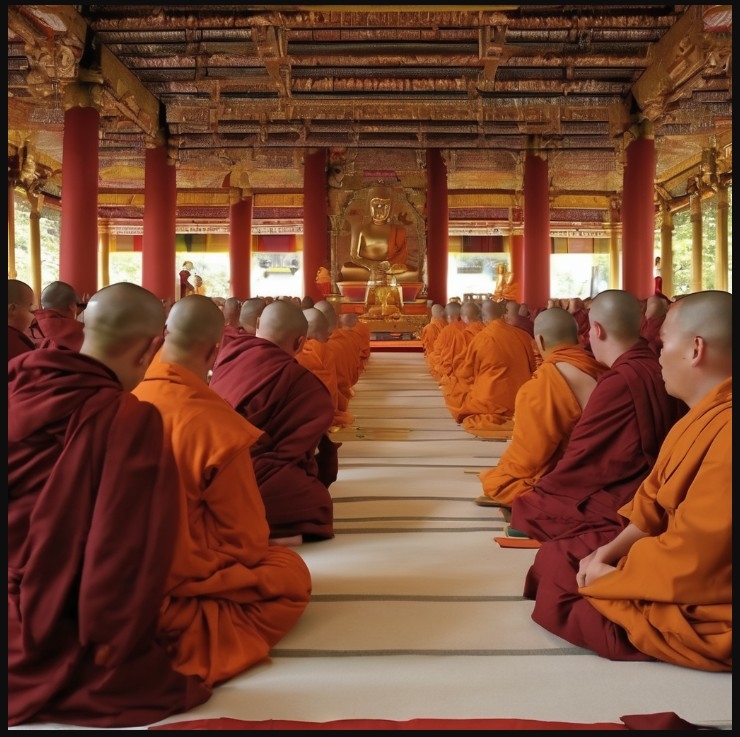Alex gazed up at the sky, his brow furrowed in concern. The trails crisscrossing the blue expanse were more than just vapor; they were a signal, a warning that only he seemed to recognize. While his friends dismissed his worries as paranoia, Alex was convinced they were being manipulated, their perceptions clouded by a veil of misinformation.
For years, he had immersed himself in research, uncovering layers of history and hidden agendas. The government’s silence on certain topics, especially those surrounding environmental changes, felt like a conspiracy to him. As a passionate sky watcher and amateur astronomer, he had always believed in the power of knowledge and observation. But now, he felt as if he was shouting into a void.
"Look at the sky!" he would urge anyone who would listen. "We’re being poisoned, and no one seems to care!" But his words often fell on deaf ears, drowned out by the noise of daily life and the allure of comfortable ignorance.
One evening, as the sun dipped below the horizon, painting the sky in brilliant oranges and purples, Alex made a decision. He would not succumb to despair. Instead, he would harness his passion for astronomy to spark conversations about the truths hidden in plain sight. He began organizing local sky-watching events, inviting friends and strangers alike to join him under the stars.
With each gathering, he shared his findings, carefully explaining the science behind the trails above and the historical context of their existence. Slowly, he noticed a shift. People began to ask questions, to think critically about the narratives they had accepted without challenge.
Yet, the deeper Alex delved, the more he realized that the conversation about the past—particularly the events of World War II and the complexities of geopolitical alliances—was fraught with tension. It was a topic that many avoided, fearing the backlash of challenging established beliefs. But Alex pressed on, believing that understanding history was crucial to addressing the issues of the present.
As he stood beneath the vast, starry sky one night, surrounded by a small group of engaged listeners, Alex felt a glimmer of hope. Perhaps, just perhaps, the truth could no longer be silenced. With every question asked and every myth debunked, they were taking a step toward clarity.
The system may have been designed to obscure, but Alex was determined to illuminate. And as the stars twinkled above, he knew that as long as he kept looking up, there was a chance for change
Alex gazed up at the sky, his brow furrowed in concern. The trails crisscrossing the blue expanse were more than just vapor; they were a signal, a warning that only he seemed to recognize. While his friends dismissed his worries as paranoia, Alex was convinced they were being manipulated, their perceptions clouded by a veil of misinformation.
For years, he had immersed himself in research, uncovering layers of history and hidden agendas. The government’s silence on certain topics, especially those surrounding environmental changes, felt like a conspiracy to him. As a passionate sky watcher and amateur astronomer, he had always believed in the power of knowledge and observation. But now, he felt as if he was shouting into a void.
"Look at the sky!" he would urge anyone who would listen. "We’re being poisoned, and no one seems to care!" But his words often fell on deaf ears, drowned out by the noise of daily life and the allure of comfortable ignorance.
One evening, as the sun dipped below the horizon, painting the sky in brilliant oranges and purples, Alex made a decision. He would not succumb to despair. Instead, he would harness his passion for astronomy to spark conversations about the truths hidden in plain sight. He began organizing local sky-watching events, inviting friends and strangers alike to join him under the stars.
With each gathering, he shared his findings, carefully explaining the science behind the trails above and the historical context of their existence. Slowly, he noticed a shift. People began to ask questions, to think critically about the narratives they had accepted without challenge.
Yet, the deeper Alex delved, the more he realized that the conversation about the past—particularly the events of World War II and the complexities of geopolitical alliances—was fraught with tension. It was a topic that many avoided, fearing the backlash of challenging established beliefs. But Alex pressed on, believing that understanding history was crucial to addressing the issues of the present.
As he stood beneath the vast, starry sky one night, surrounded by a small group of engaged listeners, Alex felt a glimmer of hope. Perhaps, just perhaps, the truth could no longer be silenced. With every question asked and every myth debunked, they were taking a step toward clarity.
The system may have been designed to obscure, but Alex was determined to illuminate. And as the stars twinkled above, he knew that as long as he kept looking up, there was a chance for change












